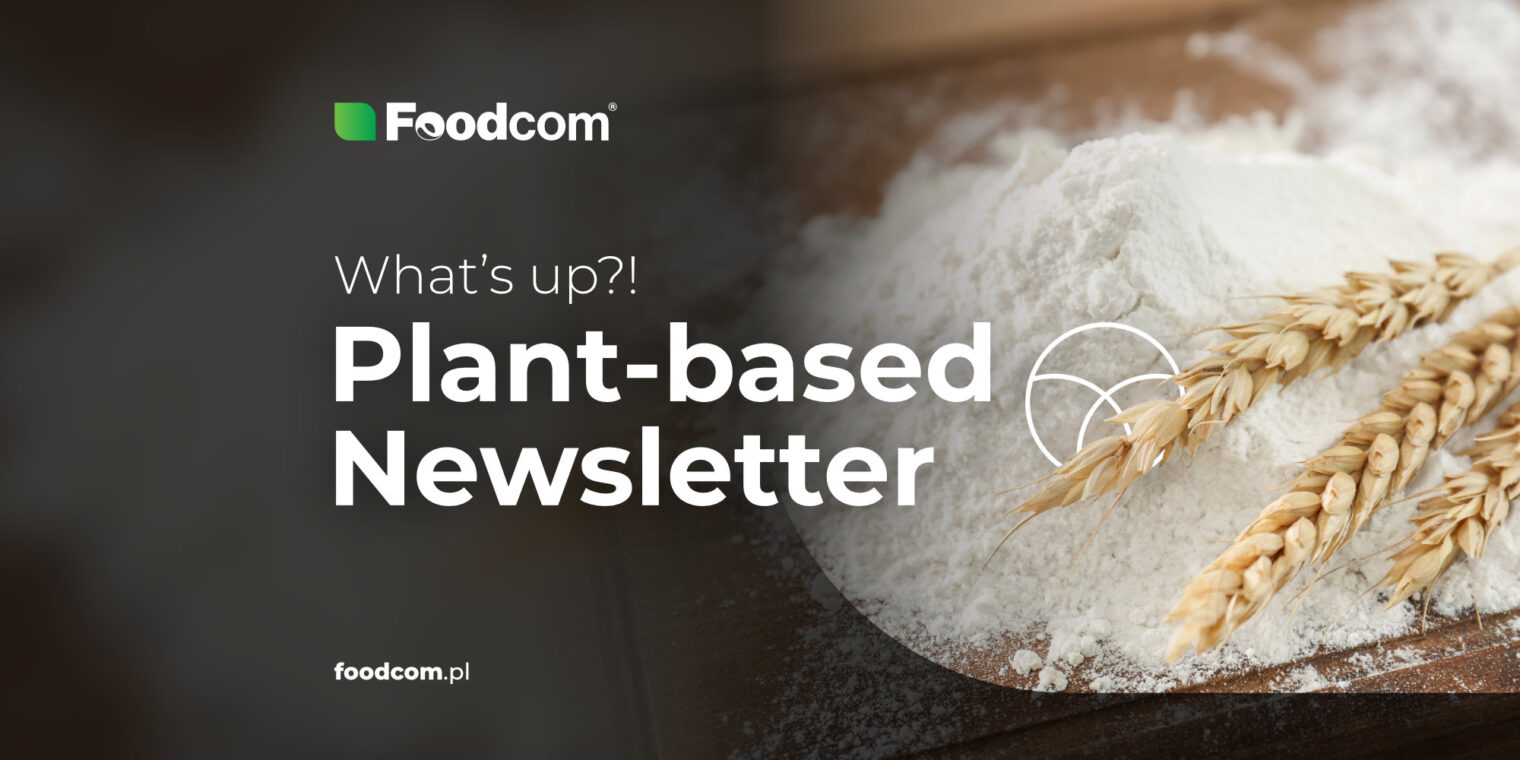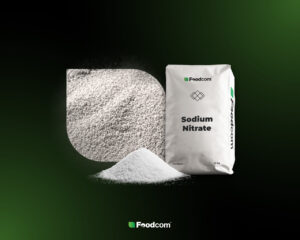Zusammenfassung
Inhaltsübersicht
Due to the lack of access to wheat, products containing wheat protein are becoming harder to find, and their prices are steadily increasing. How is this affecting the market? Continue reading the newsletter to find out.
With us, you’ll never miss a thing!
We hear that some Polish potato growers have switched to corn and wheat because of high potato seed prices. It is getting harder and harder to secure 3rd quarter needs. Traders are buying up whatever they can at the moment because there hasn’t been any product on the market for a long time.
VWG is almost impossible to find, and it seems as if soon, it will become even harder. This has to do with the lack of pesticides problem for wheat, and since farmers are saying they are already experiencing crop problems, they are either finding mold or it is the said shortage of fertilizers. Moreover, the difficulties in Ukraine and Russia are a major supply issue for countries heavily dependent on wheat imports. The most vulnerable countries will be Australia, India and the MENA region.
The product is unavailable, and also almost impossible to get. It is the same for all wheat protein products. So, if you can find a truckload, you’re in luck. Manufacturers who have so far used hydrolyzed wheat gluten for their products should probably start thinking about switching their recipes with different materials, like starches. In addition, Russia is blocking wheat exports and destroying wheat storage facilities in Ukraine. This will certainly affect the availability of the product.
The interesting fact about dextrose, is that it can be made from many things, not only wheat. For example, the one which is produced from corn does not contain gluten. So theoretically, there are countless substitutes from which you can make dextrose. In the previous edition of the PLANT-BASED Newsletter, we mentioned that producers should look for other materials to make dextrose instead of corn and wheat (which are now less available due to the Russian invasion of Ukraine), but this solution may also turn out to be insufficient. There is a big problem with food production in China right now due to the spread of Covid-19. The government is not allowing farmers into their fields, there is a total lockdown there. We just had to drop wheat and corn from Russia and Ukraine, and now additionally we have to drop beans and soybeans from China. It’s getting tight!
In the case of gluten corn meal, market behavior really depends on the amount of corn that has been harvested. In the Balkans, mycotoxins were detected in corn due to a very dry year with very little water and low moisture levels.
6th edition of Foodcom PLANT-BASED Newsletter
Vital Wheat Gluten
5th edition of Foodcom ADDITIVES Newsletter
Incoterms Explained by Foodcom
With us, you’ll never miss a thing!
Potato protein
We hear that some Polish potato growers have switched to corn and wheat because of high potato seed prices. It is getting harder and harder to secure 3rd quarter needs. Traders are buying up whatever they can at the moment because there hasn’t been any product on the market for a long time.
Vital Wheat Gluten
VWG is almost impossible to find, and it seems as if soon, it will become even harder. This has to do with the lack of pesticides problem for wheat, and since farmers are saying they are already experiencing crop problems, they are either finding mold or it is the said shortage of fertilizers. Moreover, the difficulties in Ukraine and Russia are a major supply issue for countries heavily dependent on wheat imports. The most vulnerable countries will be Australia, India and the MENA region.
Hydrolyzed Wheat Gluten
The product is unavailable, and also almost impossible to get. It is the same for all wheat protein products. So, if you can find a truckload, you’re in luck. Manufacturers who have so far used hydrolyzed wheat gluten for their products should probably start thinking about switching their recipes with different materials, like starches. In addition, Russia is blocking wheat exports and destroying wheat storage facilities in Ukraine. This will certainly affect the availability of the product.
Dextrose
The interesting fact about dextrose, is that it can be made from many things, not only wheat. For example, the one which is produced from corn does not contain gluten. So theoretically, there are countless substitutes from which you can make dextrose. In the previous edition of the PLANT-BASED Newsletter, we mentioned that producers should look for other materials to make dextrose instead of corn and wheat (which are now less available due to the Russian invasion of Ukraine), but this solution may also turn out to be insufficient. There is a big problem with food production in China right now due to the spread of Covid-19. The government is not allowing farmers into their fields, there is a total lockdown there. We just had to drop wheat and corn from Russia and Ukraine, and now additionally we have to drop beans and soybeans from China. It’s getting tight!
Corn Gluten Meal
In the case of gluten corn meal, market behavior really depends on the amount of corn that has been harvested. In the Balkans, mycotoxins were detected in corn due to a very dry year with very little water and low moisture levels.
Read more about related topics!
6th edition of Foodcom PLANT-BASED Newsletter
Vital Wheat Gluten
5th edition of Foodcom ADDITIVES Newsletter
Incoterms Explained by Foodcom
Kategorien







